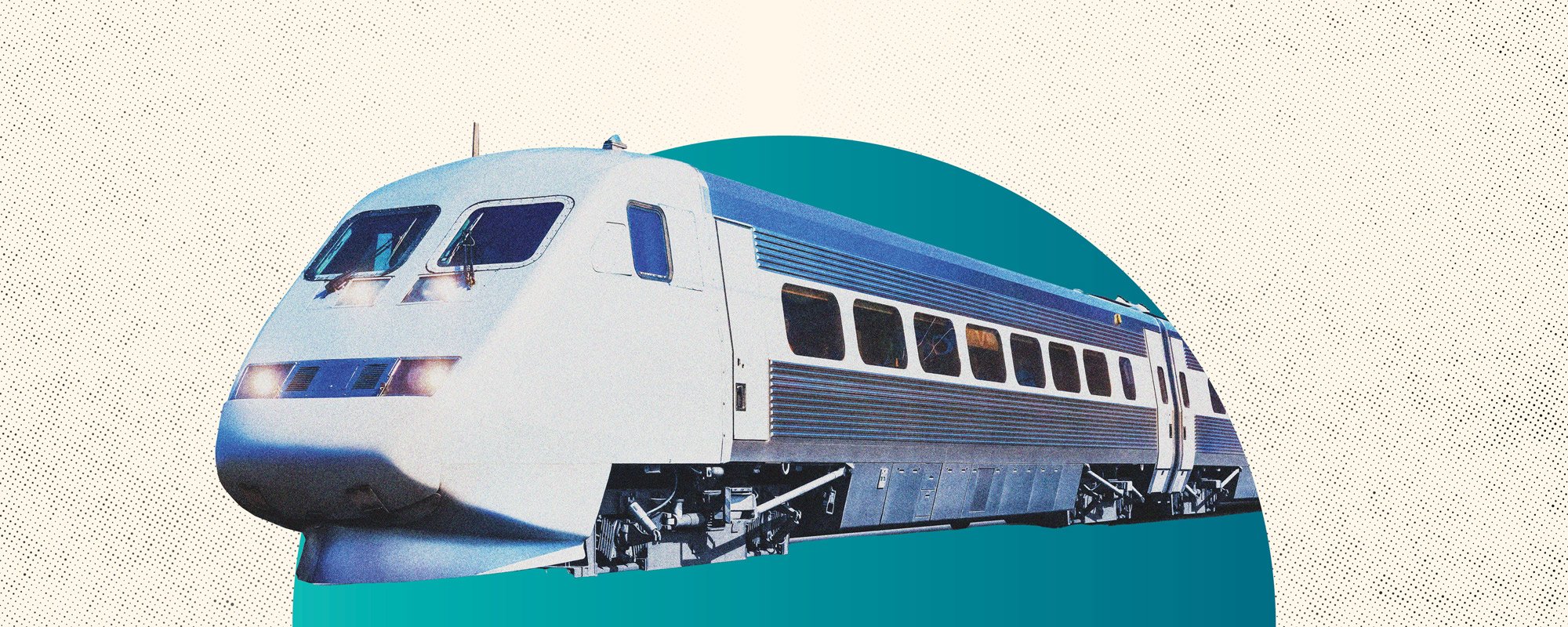november 2022 VOTER GUIDE
BART DIRECTOR
What is the BART Board of Directors?
The Bay Area Rapid Transit (BART) Board of Directors has nine elected members, each of whom represent their respective districts
Each Board Member serves a four-year term with no limit on the number of terms served
The Board oversees the rapid transit system in the San Francisco Bay Area, which comprises over 104 miles of line and 44 stations spread throughout four counties, servicing an average of 135,824 weekday passengers
The salary of this position is $39,000 per year, so board members generally have other work
Why You Should Care
Systemwide, BART is struggling with safety, finances, and ridership. May 2022 saw a 36 percent increase in violent crime compared to the same year-to-date timespan in 202, including a 27 percent increase in robberies and a 44 percent increase in aggravated assaults. Financially, it is largely sustaining off of $1.6 billion in federal support funds granted during the pandemic to keep its budget balanced and to maintain service. This aid will continue to stave off deficits until around 2026. In Addition, BART has been incredibly slow to recover from the effects of the COVID-19 pandemic; as of June 2022, weekly ridership is just 36 percent of what it was in 2019 and daily ridership is at 33 percent of what it was then.
Our Vision for the Office
BART should be an efficient, accessible, affordable, clean and safe regional public transportation system, and its directors should have the pragmatic direction to guide it to those goals.
Janice Li
Why vote for her: Li is a transit booster and passionate about BART. This is great because we want politicians and elected officials to care deeply about the roles they’re in. Li has been a solid supporter of using BART land for high density housing. BART owns valuable land throughout the Bay Area and people need housing close to public transit. She voted in favor of endorsing State Senator Scott Wiener’s SB 50, a major housing bill which would have incentivized density near public transportation.
On her website, Li acknowledges that providing great transit service and a better rider experience are the best ways to bring people back to BART. However, her focus is on increasing service (good!), adding safety ambassadors and social workers (fine) and improving wayfinding signage (OK). This seems to be intentionally avoiding the real problem. BART is not and should not be a social service agency. It does not have the resources or expertise for this, nor should it expand in this way when it can’t sustainably fulfill its primary role: being a regional commuter rail system.
Li has the political capital and skills to facilitate a reformed BART Police Department, making the BART ridership experience better. She could be a leader in these solutions but has been unwilling to lead on these issues. We hope she uses her second term to step up on improving safety and the rider experience on BART, especially if she’s seeking higher office. Voters will remember their experience on BART.
Paid for by TogetherSF Action. Not authorized by any candidate or a committee controlled by a candidate. Financial disclosures are available at sfethics.org.





